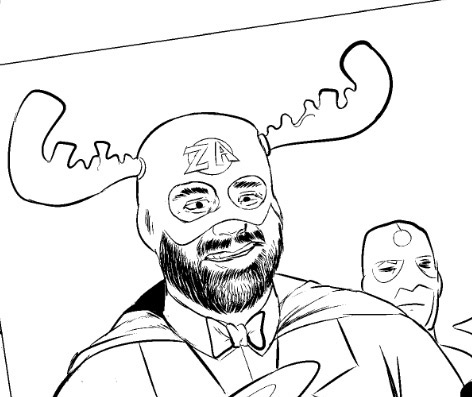This Browser Is… So HEAVY!
…Heavy with links! It’s time, folks, for another massive download of Links Of Interest that I’ve managed to pack-ratsave for your enjoyment, so here goes. Near-zero-G Mentos & Diet Coke! Yay, science! I’ve run into some funny automated censorship software…



